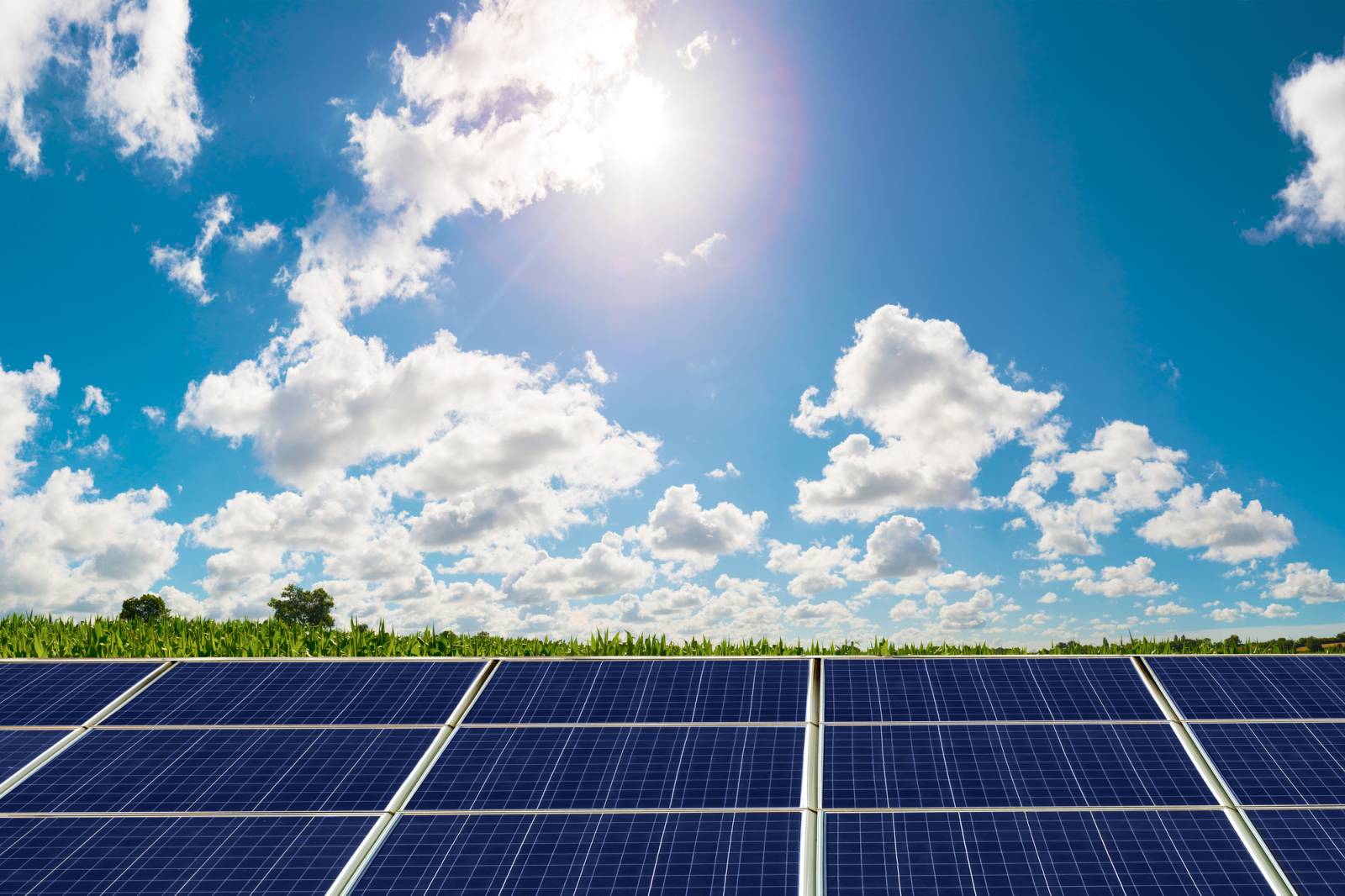Can solar save British industry from the highest electricity costs in the world?
Electricity prices in the UK have been skyrocketing in recent years, placing a strain on every type of business, especially manufacturing. Recent government data revealed by the Daily Telegraph shows that British companies now pay the highest electricity rates in the developed world – 124% higher than five years ago, and four times higher than in the United States.
As costs continue to rise, manufacturers risk losing contracts to Germany and France, where cheaper energy can more than offset the uplift in shipping costs.
So how has all this come about, and how does it change the case for renewables? What role will solar energy play in the fight to stay competitive?
“A barrier to growth, competitiveness and profitability”
A report by lobby group UK Steel identifies the source of the problem: the UK is simply too dependent on natural gas. In 2023, gas accounted for over one-third of our electricity generation – almost twice the level of Germany, and over six times the level of France where nuclear energy dominates.
The impact on price is dramatic. Per kilowatt hour, this is how we now compare:
- UK: 25.85p p/kWh
- France: 17.84p p/kWh
- Germany: 17.71p p/kWh
- USA: 6.48p p/kWh
Frank Aaskov of UK Steel has called for immediate action:
“High industrial electricity prices have for too long damaged the competitiveness of UK steelmaking, and many in the wider manufacturing sector will be feeling the same pressure our steel companies do. The Government should tackle steep electricity costs and make the UK a fruitful place to invest, while enabling growth and improving competitiveness.”
All this comes at a challenging time for manufacturers. In the push towards net zero, successive governments have legislated to end reliance on fossil fuels and speed the transition to electricity, despite the sharp rise in costs. Leaving the sector with a predicament that won’t go away – how to compete and comply, when the two goals are largely at odds.
So is solar the silver bullet?
Solar is an obvious part of the solution. For a manufacturing company – or any energy-intensive business - it will typically bring savings of 60% - 70%. And with the government’s Levelling Up fund still available through most local authorities, the business case is compelling. ROI could come as quickly as 2-5 years from the date of installation.
TAKE THIS EXAMPLE:
- Electricity Cost Pre-Solar: £5000 per month
- 60% Savings Post-Solar: £3000 per month
- Cost of Installation: £100,000
- Levelling Up Funding: £25,000
- Net Investment: £75,000
- ROI (Months): 25
Naturally, the numbers are different for every business. The investment will depend on:
- Available roof or ground space
- The surface and integrity of the roof
- Sunlight direction and shading
- The Local Authority’s funding pot
Meanwhile, savings depend on:
- Equipment type and performance
- Hours of operation
- Monthly consumption
- Solar yield: shortfall or excess
With so many variables, the breakdown above is nothing more than indicative. However, it does show that manufacturing companies can – and do – make significant savings after a rapid return on their investment. As well as reducing their exposure to rising costs, in an energy market that remains volatile.
As an aside, it’s also worth noting that solar gives the business an environmental boost. Increasingly, businesses and even consumers prefer to deal with companies that actively reduce their carbon footprint. And when it comes to tendering for public sector contracts, the green aspect is often a basic ticket of entry.
So why isn’t every business fitting solar panels?
If the challenge is to compete and comply, it’s hard to argue against solar as one major component of a green energy system. In the past, it’s met some resistance through lack of incentives and plain misinformation. But as these barriers fall away and the need becomes more pressing, the situation is sure to change.
Anthony Dixey, CEO of ECOnomy Energy Group, believes that uptake is about to increase exponentially:
“Solar energy meets regulatory standards and easily passes muster in the boardroom. It comes without risk, because it generates power even when the sun isn’t shining. It’s good for a company’s positioning, and even opens up access to new markets that set green criteria. It’s a single measure with wide-reaching benefits, and in the current energy crisis it’s become the natural answer to an urgent problem.
“Given the financial incentives, and the time-limited nature of funding, the march is now inevitable – solar will be the norm for business premises before the decade is out.”












